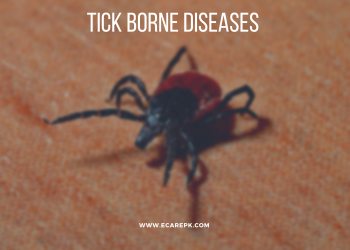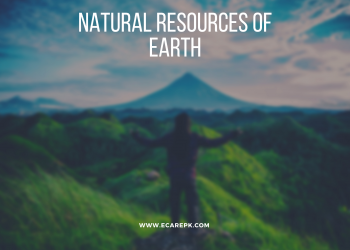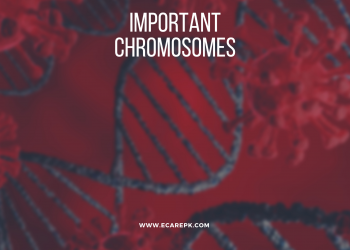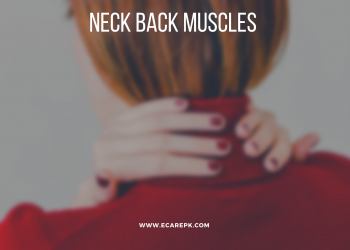Q1: Differentiate Between Saturated and Unsaturated Hydrocarbons?
Ans: Saturated Hydrocarbons
Unsaturated Hydrocarbons
Hydrocarbons in which two carbon atoms are linked by a single bond.
Hydrocarbons in which two carbon atoms are linked
by a double or a triple bond.
Example: CH₃―CH₃
Example: CH₂ = CH₂
Q2: A compound consisting of four carbon atoms has a triple bond in it. How many hydrogen atoms are present in it?
Ans: CH₃― CH₂―C = CH and CH₃―C = C―CH₃ The compound has six hydrogen atoms.
Q3: Why Alkanes are called “Paraffin’s”?
Ans: They are least reactive. That’s why alkanes are called “Paraffin’s”.
Q4: What do you know about Hydrogenation of alkenes?
Ans: “The addition of hydrogen across a double bond is called Hydrogenation”.
Example: CH₂ = CH₂ + H₂ CH₃― CH₃
Q5: How alkyl halides are reduced?
Ans: Alkyl halides are reduced to alkanes with nascent hydrogen which is obtained by the action of Zn with dilute HCl.
R―X + 2[H] R―H + HX
Q6: Why the Alkanes are used as Fuel?
Ans: Because burning of alkanes in the presence of excess of air or oxygen produces a lot of heat.
Q7: How can you prepare Ethene from Alcohol and Ethyl bromide?
Ans: (i) CH₃―CH₂―OH + HOSO₃H CH₃―CH₂―OSO₃H + H₂O CH₃―CH₂―OSO₃H CH₂=CH₂ + H₂SO₄
(ii) CH₃―CH₂―Br + KOH CH₂=CH₂ + KBr + H₂O
Q8: Identify Propene from Propane with a chemical test?
Ans: Propene reacts with cold alkaline KMnO₄ solution to give a colourless 1,2-propanediol. Propane does not react with KMnO₄.
OH OH
3CH₃―CH=CH₂ + 2KMnO₄ + 4H₂O 3CH₃―CH ― CH₂ + 2MnO₂ + 2KOH
Q9: Why the alkenes are called olefins?
Ans: Since lower members of alkene form oily products on treatment with Cl₂ or Br₂, therefore, alkenes are also called olefins.
Q10: Why alkane can’t be oxidized with KMnO₄ solution?
Ans: In alkanes because all the valencies of carbon atoms are fully satisfied by single bonds. They are saturated. The single bonds are highly strong. Therefore, alkanes cannot be oxidized with KMnO₄ solution.
Q11: What are the Addition Reactions? Explain with an example?
Ans: “A reaction in which two atoms or groups are attached to each carbon of the double or triple bond is called Addition Reaction”. Br Br
Example: CH=CH₂ + Br₂ CH₂―CH₂
Q12: Justify that alkanes give substitution reactions?
Ans: Since in alkanes all bonds are single bonds which are very strong. Therefore, alkanes give only substitution reactions.
Q13: Both, Alkenes and Alkynes are Unsaturated Hydrocarbons. State the one most Significant Difference between them?
Ans: The difference is that alkynes are capable of adding two molecules of the reagent while alkenes are capable of a adding only one molecule of the reagent.
Q14: Write the molecular, dot and cross and structural of ethyne? Ans: Molecular formula of ethyne: C₂H₂
Structural formula of ethyne: H―C = C―H Dot and Cross formula of ethyne: H C : : C H
Q15: Why Hydrocarbons are soluble in Organic solvent?
Ans: Like dissolves like, therefore, hydrocarbons being non-polar in character are more soluble in non-polar organic solvents such as ether, carbon tetra chloride, etc. These are insoluble in water and other polar solvents.
Q16: Give the Physical Properties of Alkanes?
Ans: Physical Properties of Alkanes:
(i) First four members are gases, C₅ to C₁₇ are liquids while higher members of alkanes are solids.
(ii) They are non-polar and are soluble in non-polar organic solvents.
(iii) The density of alkanes increases gradually with the increase of molecular mass.
(iv) The melting and Boiling points of alkanes increase with the increase of molecular size.
(v) They become less flammable with the increase of molecular size.
Q17: How can you identify Ethene from Ethane?
Ans: Ethene decolourize the pink colour of cold, dilute, alkaline solution of potassium permanganate due to formation of colourless 1,2-ethanediol.
OH OH
3CH₂=CH₂ + 2KMnO₄ + 4H₂O 3CH₂―CH₂ + 2MnO₂ + 2KOH
Q18: Why Colour of Bromine water discharges on addition of Ethane in it?
Ans: The reddish brown colour of bromine water discharges on a addition of ethene in it due to formation of colourless 1,2-dibromoethane.
Br Br
CH₂=CH₂ + Br₂ CH₂―CH₂
Q19: State One Important Use of each:
Ans: (i) Ethene
Ethene is used for manufacturing of polythene plastic.
(ii) Acetylene
Acetylene is used in Welding and Cutting of metals.
(iii) Chloroform
Chloroform is used for general anaesthesia.
(iv) Carbon tetra chloride
Carbon tetrachloride is used as an industrial solvent.
http://feeds.feedburner.com/ecarepk








